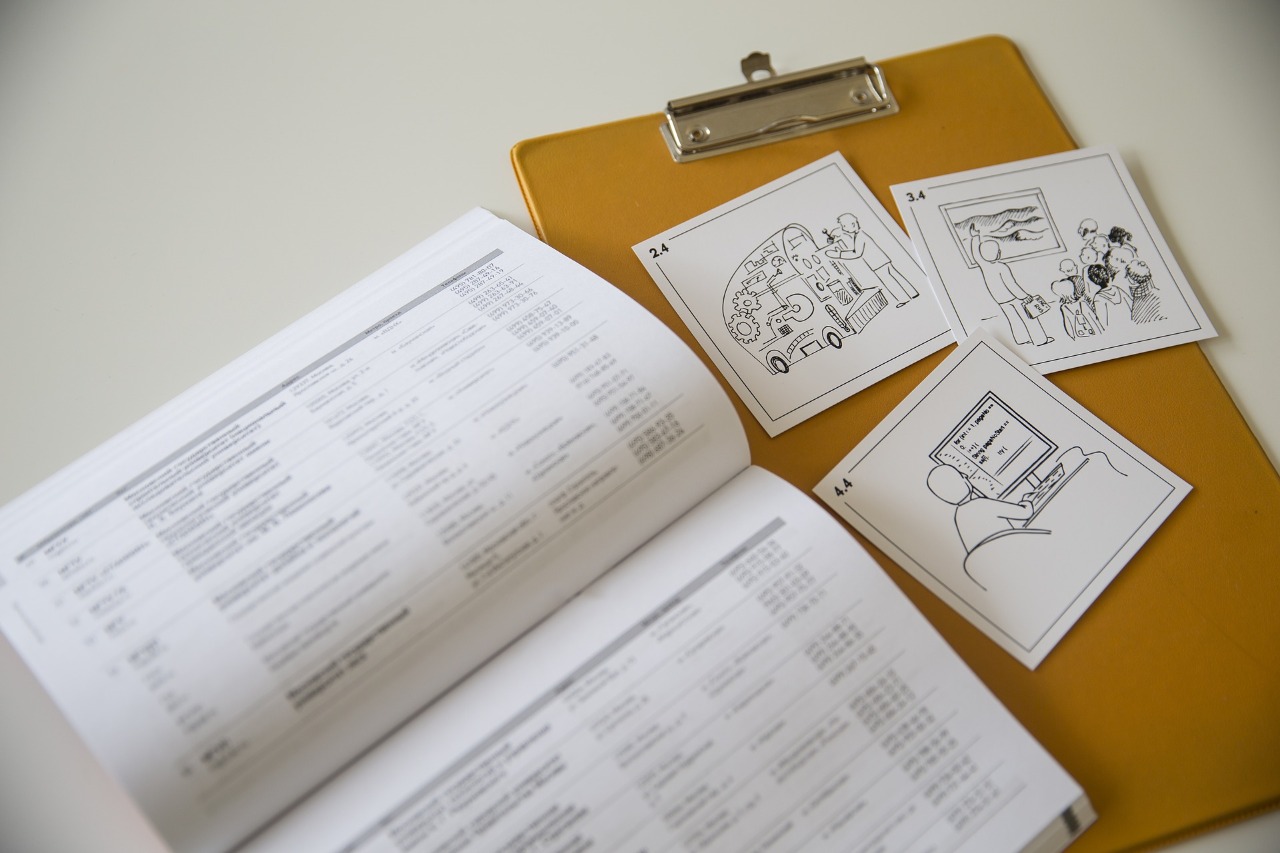
Teaching Methodology
Andragogy will be followed, which would include lectures, group discussions, seminars, case studies, recommended/suggested field visits and research. All sessions would be online.

Assessments
Students will be given assignments based on the course content and learning outcomes.

Virtual Newsroom
Students will get hands-on experience to bring out an e-publication and to write for a news portal, through a virtual newsroom.

Admission Requirement
Minimum qualification required for admission to the course is graduation or its equivalent.

Session Timings
Two or three sessions a day, generally held between 9 am to 8 pm, Monday to Saturday. If the need arises, sessions, field visits and/or seminars could be held on Sundays and holidays.






